Have you ever wondered why a small creature with eight legs and a venomous tail has captivated human imagination for thousands of years? From the sun-baked temples of ancient Egypt to the gleaming skyscrapers of modern cities.
Scorpion symbolism has woven its way through the fabric of human culture. These fascinating arachnids have become so much more than just desert dwellers they’re powerful symbols that carry centuries of meaning.
In this journey through time and culture, we’ll uncover why scorpions have left such a lasting mark on human consciousness. Whether you’re a history buff, an astrology enthusiast, or simply curious about cultural symbols, you’re in for an intriguing ride through the world of scorpion symbolism.
The 9 Hidden Meanings Behind Scorpion Symbols
Did you know that scorpions mean different things to different cultures? Let’s dive into the nine most fascinating interpretations of scorpion symbolism cultures that have emerged throughout history.
Protection
When it comes to protective symbols, scorpions might seem like an unusual choice. Yet across the ancient world, numerous protective deities formed strong bonds with these armored arachnids. In Egyptian mythology, scorpions weren’t just feared – they were revered as divine protectors sent by the gods themselves. The fearsome appearance and defensive nature of scorpions made them perfect symbols of protection against evil forces.

This connection between scorpions and protection isn’t just ancient history. Modern security companies often incorporate scorpion imagery into their logos, tapping into that age-old association between scorpions and safeguarding symbols.
People still get scorpion tattoos for protection, believing these guardian scorpion symbols will keep them safe from harm. Even in video games and movies, scorpion characters often play protective roles, showing how this symbolism has evolved for contemporary audiences.
Transformation
The concept of scorpion rebirth runs deep through many cultures, and it’s not hard to see why. These remarkable creatures regularly shed their exoskeletons in a process that’s become a powerful metaphor for personal transformation. In Greek mythology, scorpions frequently appear in stories about metamorphosis and change.

The tale of Orion and the scorpion, immortalized in the constellations, is just one example of the transformative power these creatures represent in Greek legends.
Today, this symbolism of renewal and symbolic change resonates more than ever. Life coaches and motivational speakers often point to the scorpion’s molting process as a metaphor for personal growth. Just as a scorpion must break free from its old shell to grow, we too must sometimes shed our old selves to become something new.
This powerful symbolism has found its way into modern art, literature, and even corporate training programs, showing how ancient wisdom can find new relevance in contemporary contexts.
Read More About : Trident Symbolism & Meaning: Ultimate Guide
Astrological Significance
When it comes to astrological signs, few pack as much punch as Scorpio. The Scorpio zodiac sign is known for intensity, passion, and mystery – traits that mirror the compelling nature of its namesake.
Those familiar with zodiac Scorpio traits often point to the transformative power and emotional depth associated with this sign. It’s no coincidence that Scorpio season falls during autumn, a time of profound transformation in nature.
The significance of scorpions in astrology extends far beyond Western traditions. In Vedic astrology, the sign known as Vrishchika (Sanskrit for scorpion) holds special significance. Hindu zodiac signs incorporate the scorpion’s symbolic meaning into their astrological system.
Where it represents deep emotional wisdom and spiritual transformation. This global recognition of scorpion symbolism in Hindu astrological beliefs shows just how universal these interpretations can be.
Death and Danger
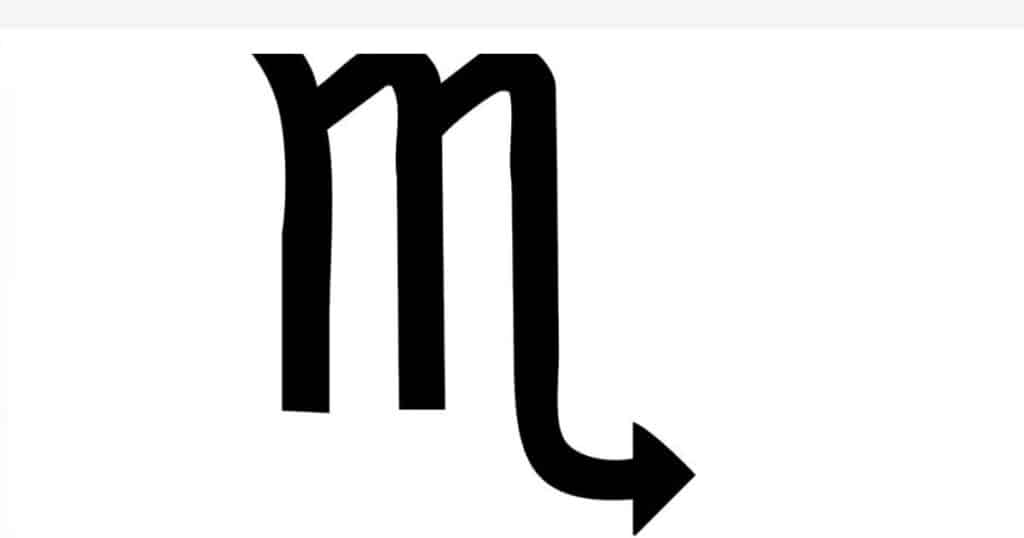
Throughout history, the scorpion’s venomous nature has made it a powerful symbol of danger and mortality. In Arabian folklore, scorpions often represent hidden threats and deadly consequences. These Arabian legends use scorpions as cautionary symbols.
Warning of the dangers that lurk in unexpected places. The fear of scorpions has inspired countless Middle Eastern stories where these creatures serve as reminders of life’s fragility.
Yet this association with danger has also made scorpions symbols of respect and power. Their ability to defend themselves and survive in harsh environments has earned them a place of honor among folklore creatures.
Many cultures view the scorpion’s deadly potential as a sign of strength rather than something to be feared. This duality – being both feared and respected – has made scorpions enduring symbols in art, literature, and cultural narratives around the world.
Balance
In Chinese philosophy, particularly in concepts of Yin and Yang, scorpions embody the delicate balance between opposing forces. Taoism teaches that everything contains its opposite the scorpion’s deadly venom can also heal, demonstrating perfect philosophical balance. This idea of Chinese dualism extends to how we view these creatures: both dangerous and protective, feared yet respected.
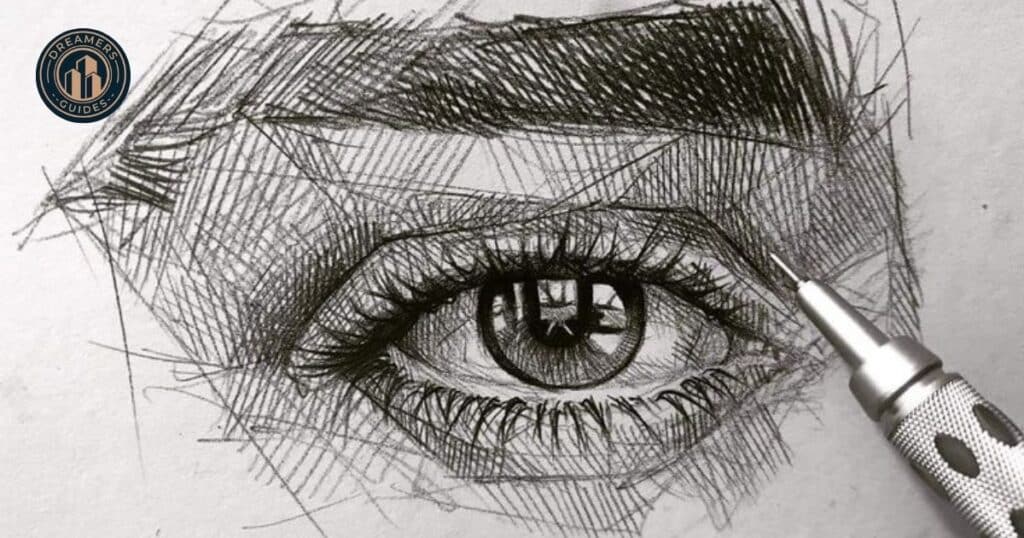
The scorpion’s role in maintaining ecological balance adds another layer to this symbolism. As predators, they help control insect populations, showing how even seemingly dangerous creatures play essential roles in nature’s harmony.
Even the scorpion’s physical form demonstrates balance, with their pincers counterweighting their tail. This natural equilibrium has inspired artists, philosophers, and scientists to view scorpions as symbols of the delicate balance that exists in all things.
Betrayal
One of the most enduring themes in Arabian folklore is the scorpion’s association with betrayal. The famous tale of the scorpion and the frog has been retold countless times across cultures. In this story, a scorpion asks a frog to carry it across a river.

The frog fears being stung, but the scorpion argues that stinging the frog would doom them both. Midway across, the scorpion stings the frog anyway. As they both sink, the frog asks why, and the scorpion replies, “It’s my nature.”
This Arabian legend has become more than just a story – it’s a powerful metaphor for betrayal and unchangeable nature. Modern storytellers still use scorpions as symbols of treachery in their works, drawing on these ancient Middle Eastern stories.
From Shakespeare to Hollywood, the scorpion’s reputation for betrayal has influenced countless narratives, showing how deeply this symbolism has embedded itself in our cultural consciousness.
Read More About : Rain Symbolism and Meaning Across Cultures
Healing
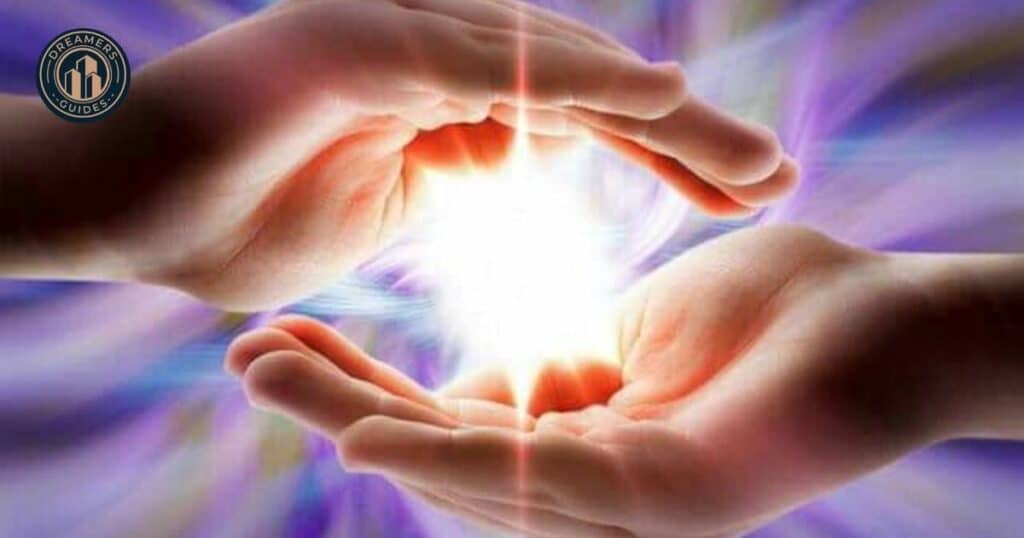
Today, modern science is rediscovering what the ancients knew. Researchers are finding that scorpion venom contains compounds with potential medical applications. From fighting cancer to treating autoimmune diseases, these discoveries are giving new meaning to ancient healing symbolism. It’s a perfect example of how protective myths often contain kernels of truth waiting to be uncovered.
Table: Medical Potential of Scorpion Venom
| Compound Type | Potential Medical Use | Current Research Stage |
| Chlorotoxin | Brain tumor treatment | Clinical trials |
| Kaliotoxin | Autoimmune therapy | Preclinical studies |
| Maurocalcine | Pain management | Early research |
| Iberiotoxin | Cardiovascular treatment | Theoretical applications |
Courage
Don’t let their size fool you – scorpions have become powerful symbols of courage across many cultures. Their willingness to stand against much larger adversaries has inspired countless stories of bravery. In North African symbolism, scorpions often represent the courage to face overwhelming odds, a theme that resonates in both ancient and modern contexts.

Female scorpions, in particular, exemplify a special kind of courage. They carry their young on their backs and defend them fiercely, becoming living symbols of protective bravery. This maternal courage has influenced various cultural interpretations, particularly in societies where protection of family and community is highly valued. From ancient warrior cultures to modern military insignias, the scorpion continues to represent unwavering courage in the face of danger.
Mystery and Intrigue

Scorpions’ nocturnal nature and preference for hidden places have made them enduring symbols of mystery and secrecy. In many cultures, protective spirits often take the form of scorpions, guarding ancient secrets and forbidden knowledge. Their presence in mythology of Egypt often signals the revelation of hidden wisdom or the keeping of sacred mysteries.
Even today, this association with mystery persists. Secret societies sometimes use scorpion imagery in their symbolism, drawing on these ancient connections to represent hidden knowledge and power. In popular culture, characters associated with scorpions often possess secret knowledge or hidden abilities, showing how this ancient symbolism continues to evolve in modern contexts.
Scorpion Symbolism Across Cultures
Scorpion Symbolism in Asian Culture
In the rich tapestry of Asian cultural traditions, scorpions occupy a unique position. Chinese philosophy sees them as embodiments of both danger and medicine, reflecting the complex duality present in many aspects of Eastern thought. Traditional Chinese medicine has used scorpions for centuries, believing they possess powerful healing properties.

Across Asia, from the steppes of Mongolia to the islands of Japan, scorpions appear in various cultural contexts. In some regions, they’re seen as guardians against evil spirits; in others, they’re respected for their survival skills. This diversity of interpretation shows how scorpion symbolism cultures can adapt and evolve across different societies.
Scorpion Symbolism in Egyptian Mythology
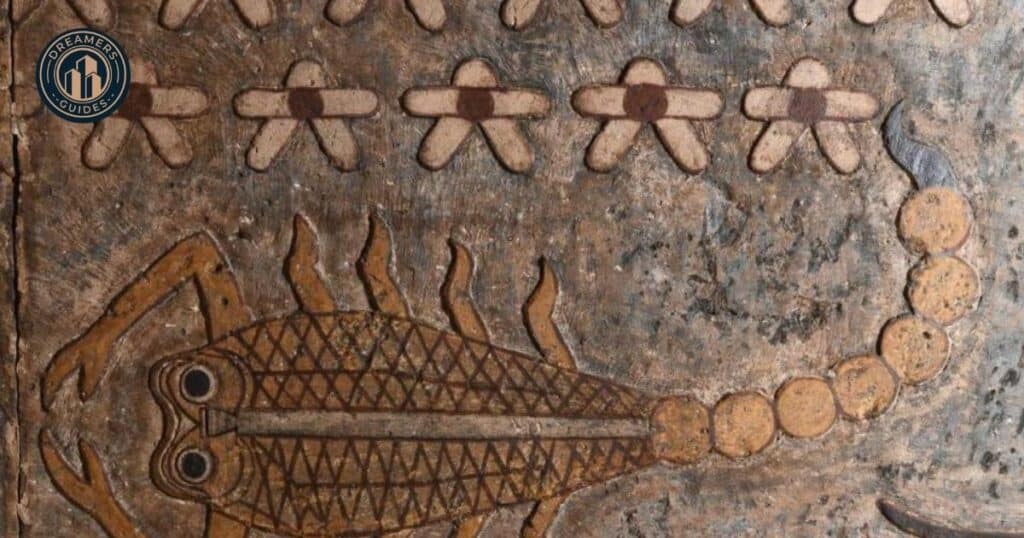
Few civilizations have embraced scorpion symbolism as thoroughly as ancient Egypt. The scorpion goddess Serket was one of the most important deities of protection in the Egyptian pantheon. Pharaohs incorporated scorpion imagery into their regalia, and ordinary Egyptians wore scorpion amulets for protection.
Archaeological discoveries continue to reveal new aspects of how scorpions influenced Egyptian culture. From elaborate tomb paintings to everyday items, scorpion Egyptian symbols appear throughout the archaeological record. The scorpion’s role in mythology of Egypt extended from the highest religious ceremonies to the most mundane aspects of daily life.
Read More About : Summer Symbolism in Cultures and Arts Around The World
Scorpion Symbolism in Hinduism
In Hindu traditions, particularly in Indian zodiac systems, scorpions hold special significance. The Vrishchika sign in Vedic astrology corresponds to Scorpio and carries deep meaning in Hindu astrological beliefs. Some Hindu temples feature scorpion imagery in their architecture, and certain regional goddesses are associated with scorpions.
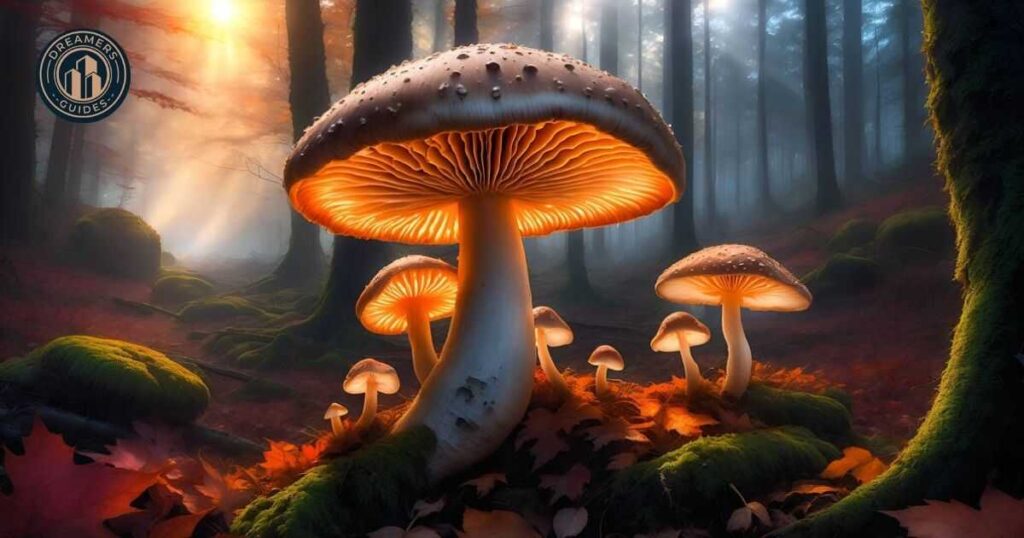
One fascinating example is the goddess Chelamma, worshipped in parts of South India. Devotees believe she offers protection from scorpion stings, showing how even potentially dangerous creatures can become symbols of divine protection. This integration of scorpions into religious symbolism demonstrates the complexity and depth of Hindu cultural traditions.
Scorpion Symbolism in Mesopotamian Mythology
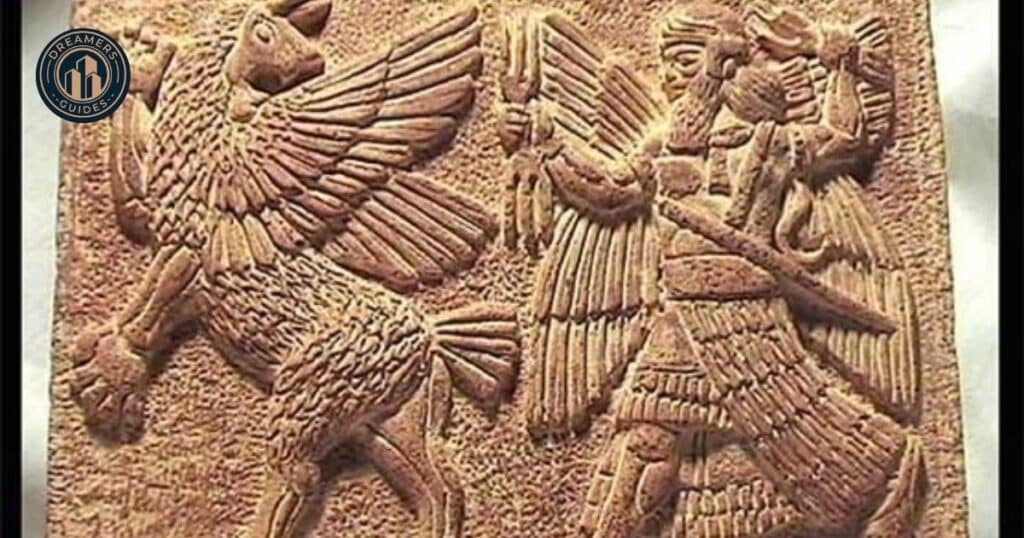
The ancient civilizations of Mesopotamia left us some of the earliest known references to scorpion symbolism. In their mythology, scorpion-people called girtablullu served as guardians of the sun god. These hybrid creatures, part human and part scorpion, embodied both the dangerous and protective aspects of scorpion symbolism.
Clay tablets and cylinder seals from ancient Mesopotamia often feature scorpion imagery, showing their significance in the region’s cultural and religious life. The endurance of these symbols, from ancient times to modern interpretations, speaks to the powerful impact scorpions had on human imagination.
Modern Interpretations and Cultural Impact
Today, scorpion meaning extends far beyond ancient symbolism. From corporate logos to tattoo art, scorpions continue to fascinate and inspire. Modern interpretations often blend traditional scorpion mythology with contemporary meanings, creating new and evolving symbolic scorpion representations.
The science of scorpions has also evolved, with researchers studying these creatures for various applications:
- Venom components for medical treatments
- Biomimicry inspired by scorpion anatomy
- Ecological studies on survival in extreme environments
- Development of new materials based on scorpion exoskeletons
Conclusion
As we’ve explored, scorpion interpretations vary widely across cultures and time periods. From protective spirits in ancient civilizations to modern scientific study, scorpions continue to captivate our imagination. Their symbolism reminds us that even the smallest creatures can carry profound meaning.
Whether you’re fascinated by mythology of Greece, intrigued by Arabian myths, or simply curious about these amazing arachnids, scorpion symbolism offers a window into how humans make meaning from the natural world. As we continue to study and learn from these fascinating creatures, their symbolic significance only grows stronger.
The next time you encounter a scorpion – whether in nature, art, or symbolism – remember the rich tapestry of meanings these creatures have inspired throughout human history. From ancient temples to modern laboratories, scorpions continue to teach us about courage, transformation, and the delicate balance between danger and protection.

James Michael
James Michael is the creative force behind Dreamers Guides, dedicated to exploring the rich symbolism and spirituality of diverse cultures. With a passion for uncovering ancient wisdom, He crafts insightful narratives that connect beliefs and foster understanding among readers worldwide.